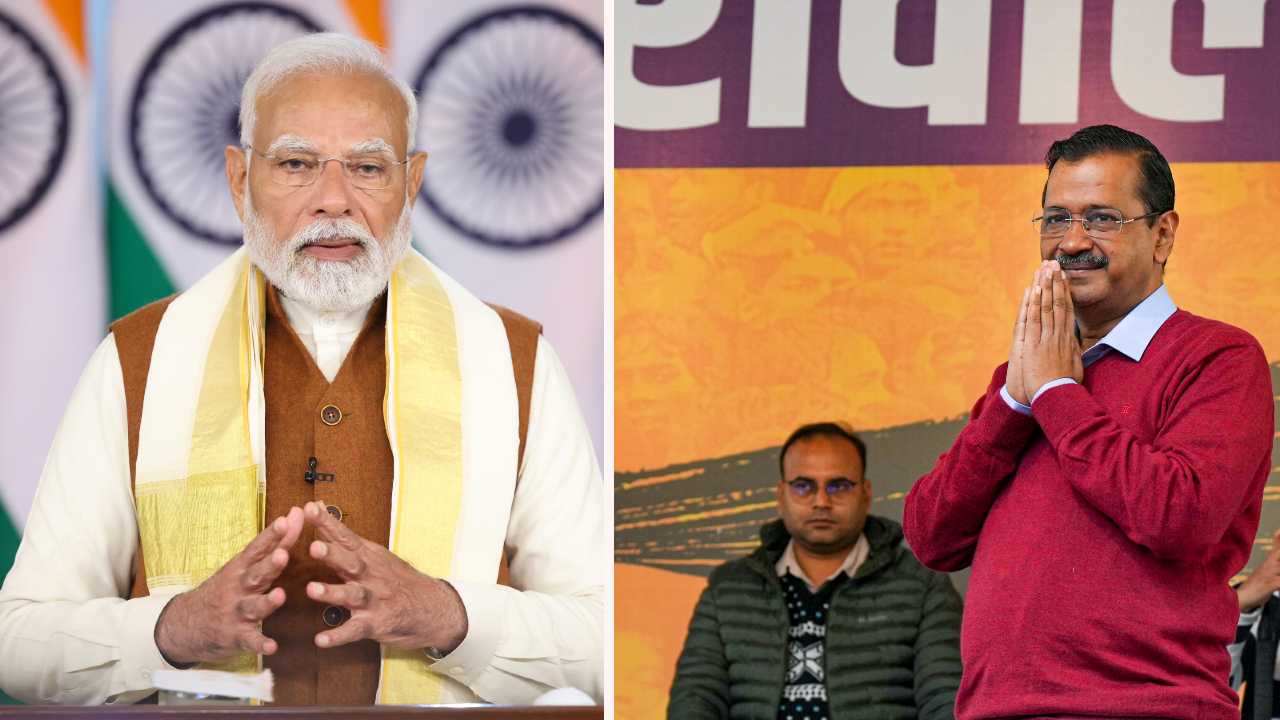
The budget proposals unveiled by Finance Minister Nirmala Sitharaman earned encomiums across the population spectrum. The much-anticipated tax relief announced on February 1 received wide applause from the burgeoning middle class of the country, seen as one of the principal drivers of the economy. Analysts are still going through the voluminous data buried in the fine print.
As the saying goes, the devil lies in the details. The exercise would continue for a while before economists and policy aficionados arrive at any definite conclusion. On the other hand, political parties on the other side of the aisle were quick to surmise the big takeaway and attach political motives to the government in announcing some measures.

In this category, emerged two distinct strands – the tax breaks for the salaried class interpreted as one made with an eye on the February 5 elections to the Delhi Legislative Assembly and some six mentions of projects in Bihar, a state where the Janata Dal (United) National Democratic Alliance coalition seeks re-election this October. Delhi Assembly and Middle-classes Impact The middle class in the city-state of Delhi has demonstrated their inherent ability to discern in electing representatives who go on the form a government in the city and the country. For the last two election cycles, Delhi voted for Aam Aadmi Party (AAP) to the state assembly barely eight months after the people elected members to the Lok Sabha favouring the Bharatiya Janata Party (BJP).
One important component in Delhi is the middle class who had firmly backed the Sheila Dikshit Congress government for three terms and shifted towards AAP in the city. There are indications suggesting that a section of the middle class is disenchanted with AAP. Voters in this category are in search of an alternative and the tax relief was interpreted as a step to earn goodwill of this undecided category.
Notwithstanding mild protestations by the party spokespersons equating the measure with an eye on Delhi, the BJP in the city ran front-page advertisement in newspapers proclaiming “Modi Government’s Gift for Delhi” that listed “Zero Income Tax up to Rs. 12 lakh, 1 crore middle-class people will be benefited” beside other promises. The political calculation behind it appears clear.
Bihar on the Horizon In another eight months from now, the electorate in Bihar will decide which party or coalition is best suited to govern the state currently headed by a coalition comprising the JD (U)-BJP-Lok Janshakti Party (Ram Vilas Paswan). This alliance would be challenged by another coalition spearheaded by the Rashtriya Janata Dal. There were at least six references to Bihar in the FM’s speech with three specific projects conspicuous.
The decision to set up a Makhana (Gorgon or Foxnut) Board, financial assistance for the Western Kosi Canal, and additional infrastructure for Indian Information Technology at Patna. Besides under its Purvodaya (Rising East) scheme created a National Institute of Food Technology, Entrepreneurship, and Management and the Buddha circuit development. These projects are laudable and would certainly benefit the people of the state and by extension the country in its overall march on the path of development.
On the economic front, the Makhana Board would go a long way in assisting the fox nut farmers in processing and adding value to a product that has come to occupy pride of place as a nutritious superfood and a healthy snack. Bihar accounts for over eighty percent of the fox nut production in the country and is concentrated in the northeastern parts of the state. It is estimated that Bihar contributed the bulk of foxnut produced in the country.
Interestingly, a JD (U) MP claimed that the focus of the Finance Minister on three projects was a result of her direct understanding of the situation during her recent visit to Bihar. During the tour of the Mithilanchal region, where Makhana is cultivated in large areas in ponds, she was briefed about the problems faced by the farmers and a similar awareness of the woes of the farmers and people in the flood-prone Kosi area led to support for the canal project. The BJP is keen to expand its spread in Bihar and with reports of the sheen of Chief Minister Nitish Kumar dimming with age, the JD (U) could witness desertions in the coming months and its members could towards the BJP.
Unlike, the last Budget, when Andhra Pradesh along with Bihar walked away with special mentions and allocations, this time the southern state was missing from the honours list. However, on her part, the Finance Minister in an interview with a news agency maintained that not mentioning a state by a name does not mean abandoning the projects to which support was announced earlier. Yet, the Congress was quick to pounce to underscore the bold outlines pointing out that the other pillar of support was ignored.
Politics is all about perception and the opposition would like to stir the cauldron whenever possible..















